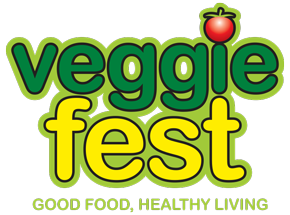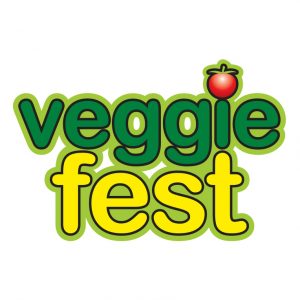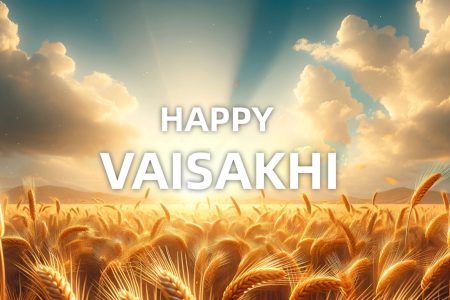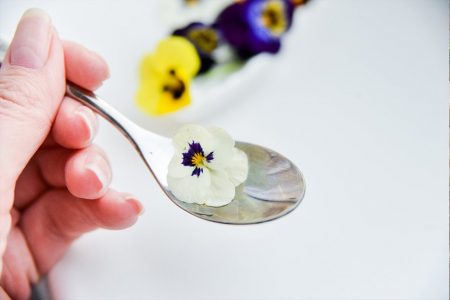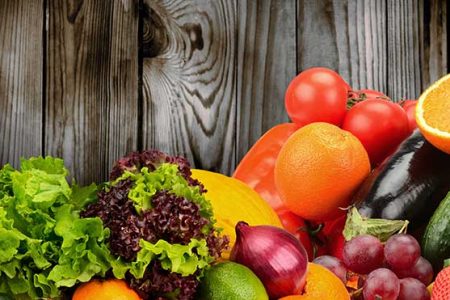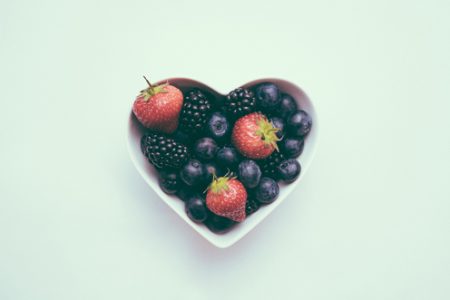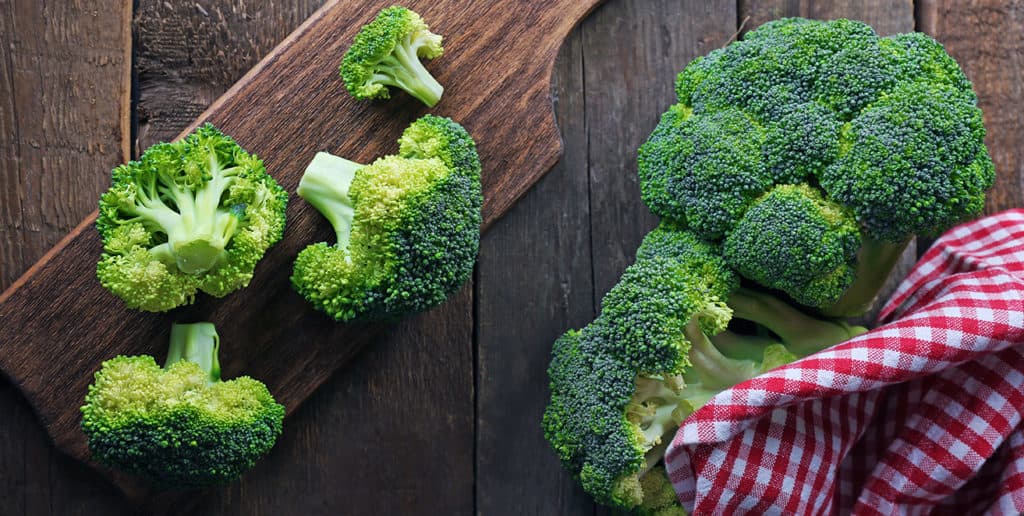
Broccoli and Broccoli Sprouts
For generations, children have been told to eat their broccoli, and with good reason. Broccoli has a seemingly endless list of nutrients. It’s especially rich in fiber, protein, and the essential amino acid tryptophan. The vegetable also is a source of many vitamins, including A, C, E, K, folate, choline, and other B vitamins. And broccoli is no slacker when it comes to minerals; this king of vegetables is rich in calcium, iron, magnesium, manganese, molybdenum, phosphorous, potassium, and selenium.
Very few foods can compete with broccoli’s royal status, except perhaps for its young relative, broccoli sprouts. One reason the sprouts are gaining so much acclaim is because they’re extraordinarily rich in sulforaphane, which stimulates the production of enzymes that fight cancer. Sure, all cruciferous vegetables, including arugula, broccoli, Brussels sprouts, cabbage, cauliflower, and horseradish, are rich in sulforaphane. However, according to research done at Johns Hopkins University, in comparison with broccoli, broccoli sprouts have twenty to fifty times the amount of sulforaphane and other helpful compounds that combat cancer. In fact, eating small quantities of broccoli sprouts may be as effective in curbing cancer as consuming much larger quantities of the mature vegetable. In addition, sulforaphane protects against diabetes and microbial infection. And in general, cruciferous vegetables offer a host of other health advantages, such as lowering blood pressure and improving kidney function.
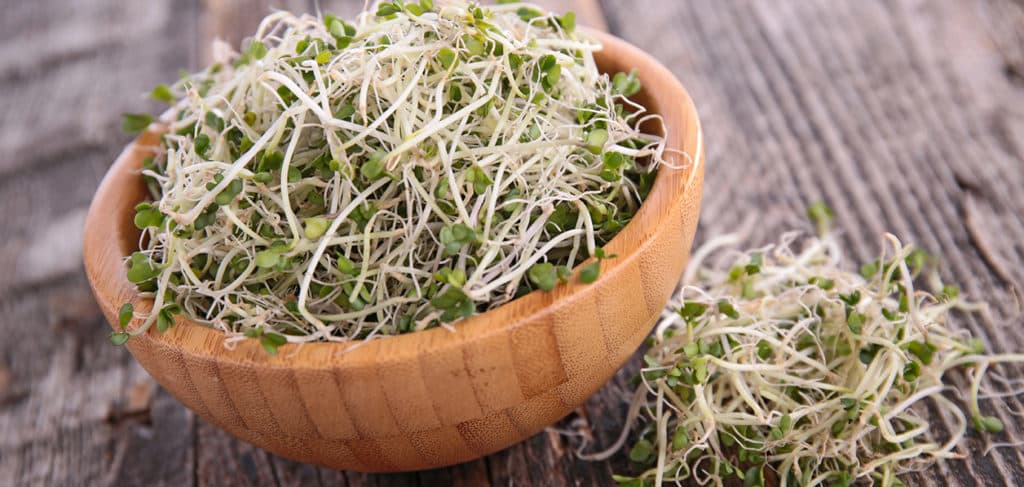
Regrettably, not everyone is a broccoli fan. For example, the first President Bush had a widely publicized disdain for this vegetable. Reportedly, his mother insisted he eat lot of broccoli when he was young. Decades later, he still had not forgotten or forgiven her, and as an adult he refused to include broccoli in his diet.
Originally cultivated in Italy, fresh broccoli is readily available throughout the year in the produce sections of US markets. Broccoli sprouts can easily be grown at home from seed; ready-to-eat sprouts may be available in well-stocked markets and natural food stores.
Both the mature vegetable and the sprout are more nutritious when eaten raw; however, if you cook them for just a few minutes, almost all their nutrients will be retained. In addition, broccoli sprouts can easily wilt when exposed to high heat. Take care not to overcook these foods, but keep in mind that large broccoli spears need more cooking time than tiny florets.
